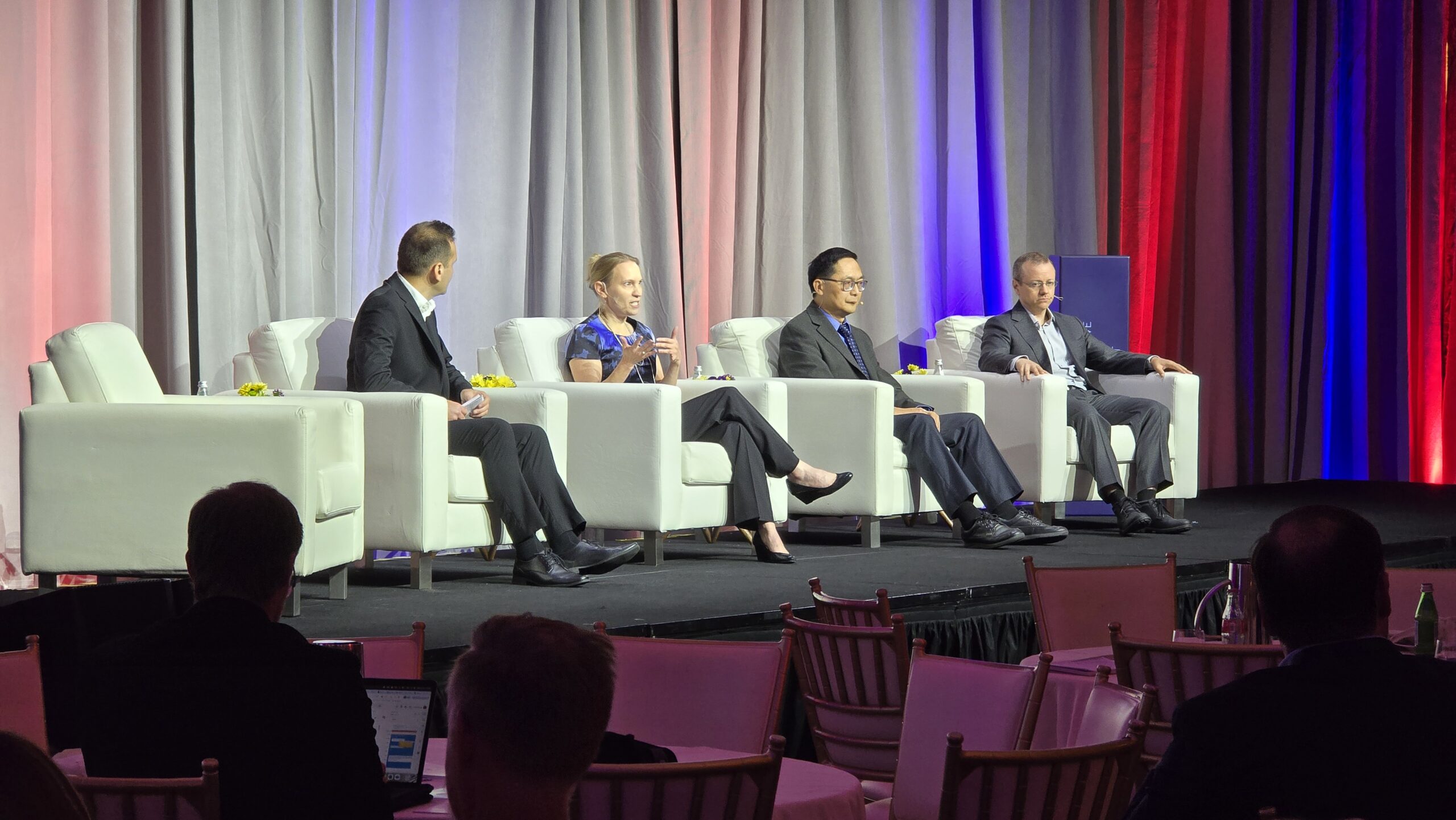A Bold National Investment in AI and Science
David McDonald framed the conversation by highlighting the scale and ambition of the NSF’s AI Institutes program over 500 million dollars invested in 40 plus centers nationwide, designed to accelerate scientific discovery through AI. These institutes span disciplines and blend academic, government, and industry partnerships to create a vibrant ecosystem, training the next generation of AI-savvy scientists.
Mapping Cosmic Origins with AI
Stella Offner spoke eloquently about how AI is revolutionizing astronomy, tackling cosmic mysteries like dark matter and the origins of the universe. With instruments like the James Webb Space Telescope generating terabytes of data nightly equivalent to nonstop Netflix streaming for years traditional analysis falls short. AI models trained on astronomy’s unique data types, including images and spectra, are becoming essential to identify new celestial phenomena and efficiently run observatories. Offner emphasized how AI-driven simulations also help unify disparate observational data into coherent insights.
Democratizing Molecular Discovery with AI
Dr Huimin Zhao described their AI-powered approach to molecular discovery, aiming to make chemistry more accessible and efficient. The platform automates molecular design, suggesting what compounds to create and test, drastically cutting discovery times from years to months. The institute also prioritizes education and workforce development to ensure AI’s benefits ripple across industries like pharmaceuticals, energy, and biotech.
Physics Meets AI Deepening Understanding and Discovery
Erion Plaku highlighted how AI is transforming physics, from enhancing particle collider experiments to theoretical calculations that were previously intractable. Their institute leverages physics principles to improve AI models themselves, creating a virtuous loop of insight. Plaku also underscored extensive educational initiatives like fellowships and innovative PhD programs blending physics, statistics, and computer science to prepare the next generation for an AI-integrated scientific landscape.
Navigating Data, Models, and Multidisciplinarity
Panelists discussed a key challenge balancing proprietary and open data to sustain innovation in materials and molecules. Jim Warren of NIST referenced by Offner stressed that while commercial interests protect certain data, combining it with open public data through AI can accelerate progress. They also shared lessons on building multidisciplinary teams across diverse institutions and fields, with early career researchers playing pivotal roles in bridging knowledge gaps.
Looking Ahead AI as a Scientific Collaborator
The vision is clear over the next five to ten years, AI will move from an assistant generating hypotheses and analyzing data to a more autonomous AI scientist role. This will enable more holistic, iterative discovery cycles where AI helps pose questions, design experiments, analyze results, and refine understanding. Yet near-term tests reveal that today’s models still make fundamental errors on domain-specific tasks, pointing toward areas ripe for improvement.
Key Takeaways for Innovators and Policymakers
- AI is essential for managing and extracting insight from the explosion of scientific data. Without it, big data will overwhelm researchers, especially in fields like astronomy and molecular chemistry.
- Education and workforce development are crucial. New interdisciplinary programs and fellowships nurture scientists fluent in AI and domain sciences.
- Collaboration across academia, government labs, and industry enables progress. Sharing data standards and overcoming discipline silos boosts collective impact.
- AI must be viewed as both a tool for accelerating discovery and a domain ripe for its own methodological innovation, benefiting from scientific principles, especially in physics and chemistry.
- Entrepreneurs should focus on fundamental breakthroughs beyond AI alone to stay competitive globally, as AI becomes a ubiquitous accelerator rather than a sole differentiator.
A Closing Thought
This session was a vivid reminder AI and science are no longer parallel tracks but deeply intertwined forces reshaping the frontier of discovery. For those engaged in policy, science, or technology investment especially in your realms of digital assets, privacy, and cryptography it signals an era where computational power and data are the new currency of innovation and influence.


Leave a Reply
You must be logged in to post a comment.